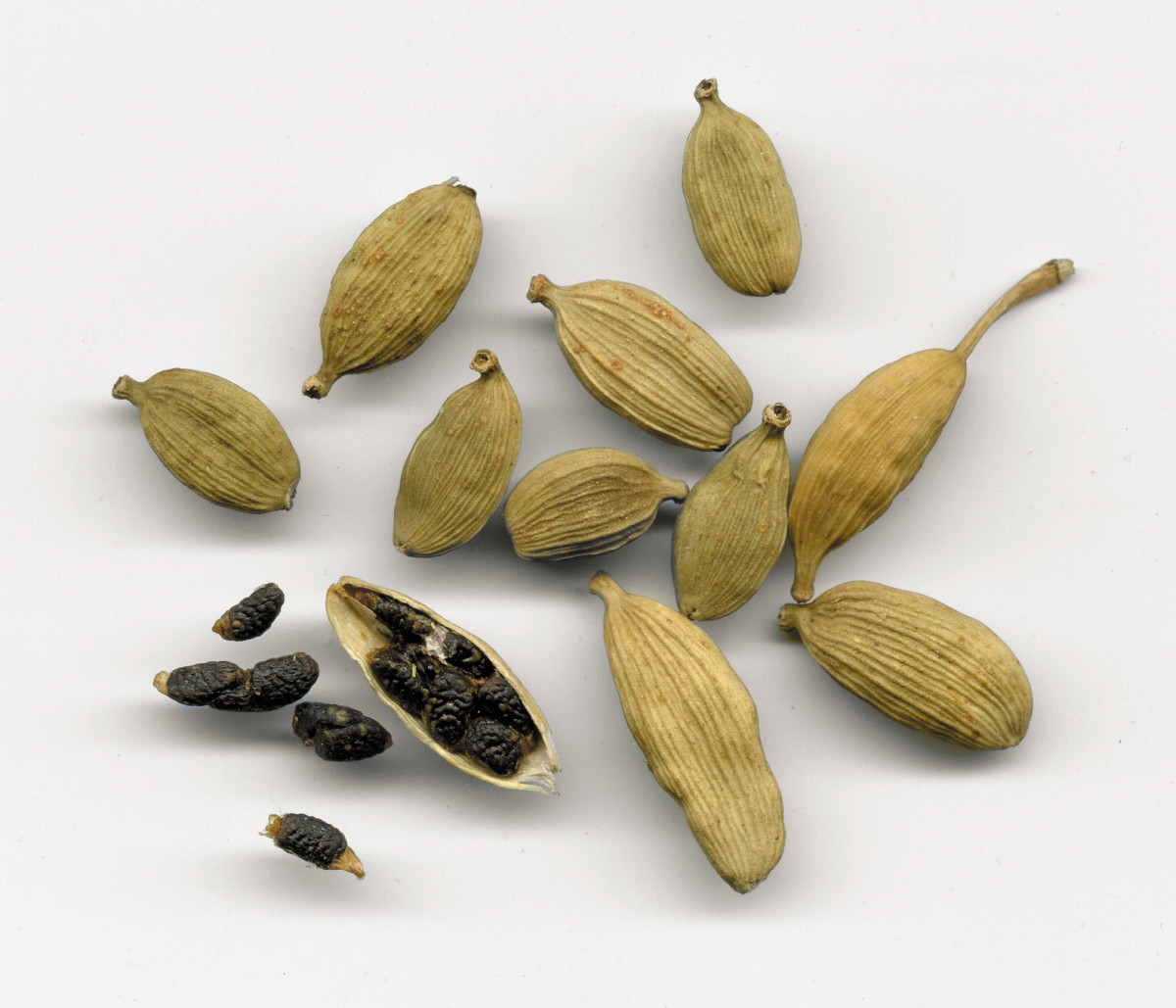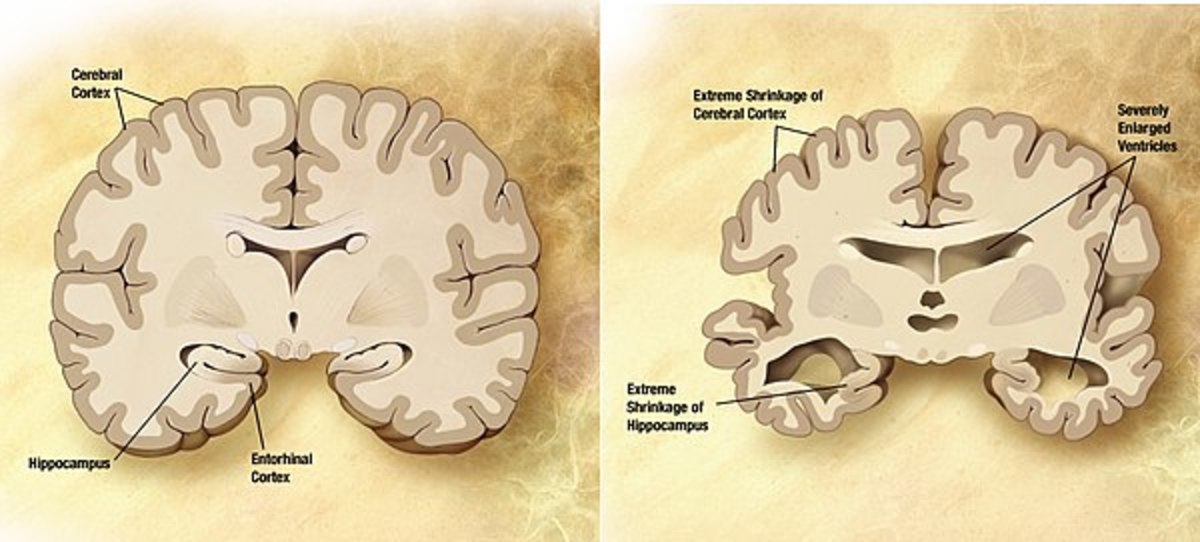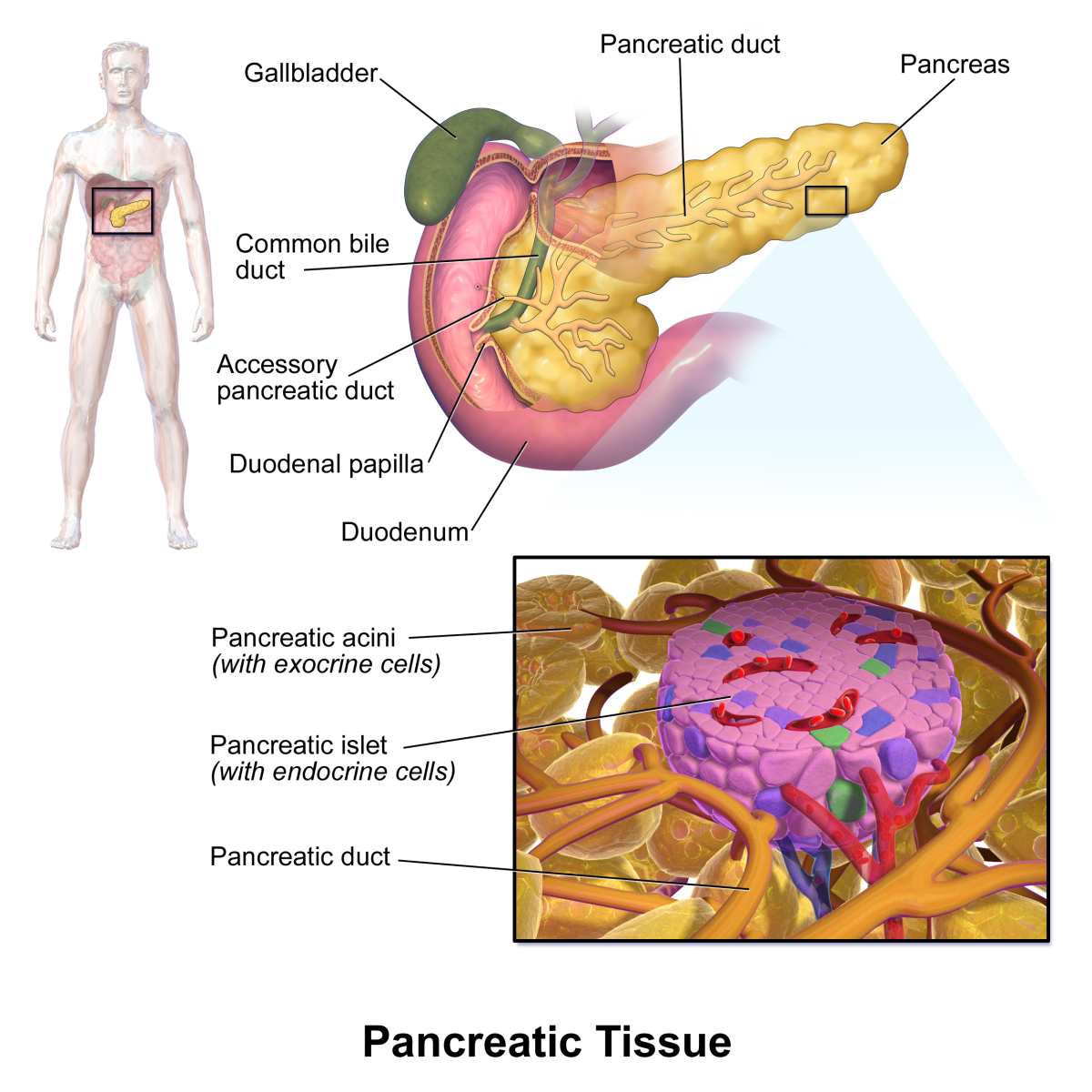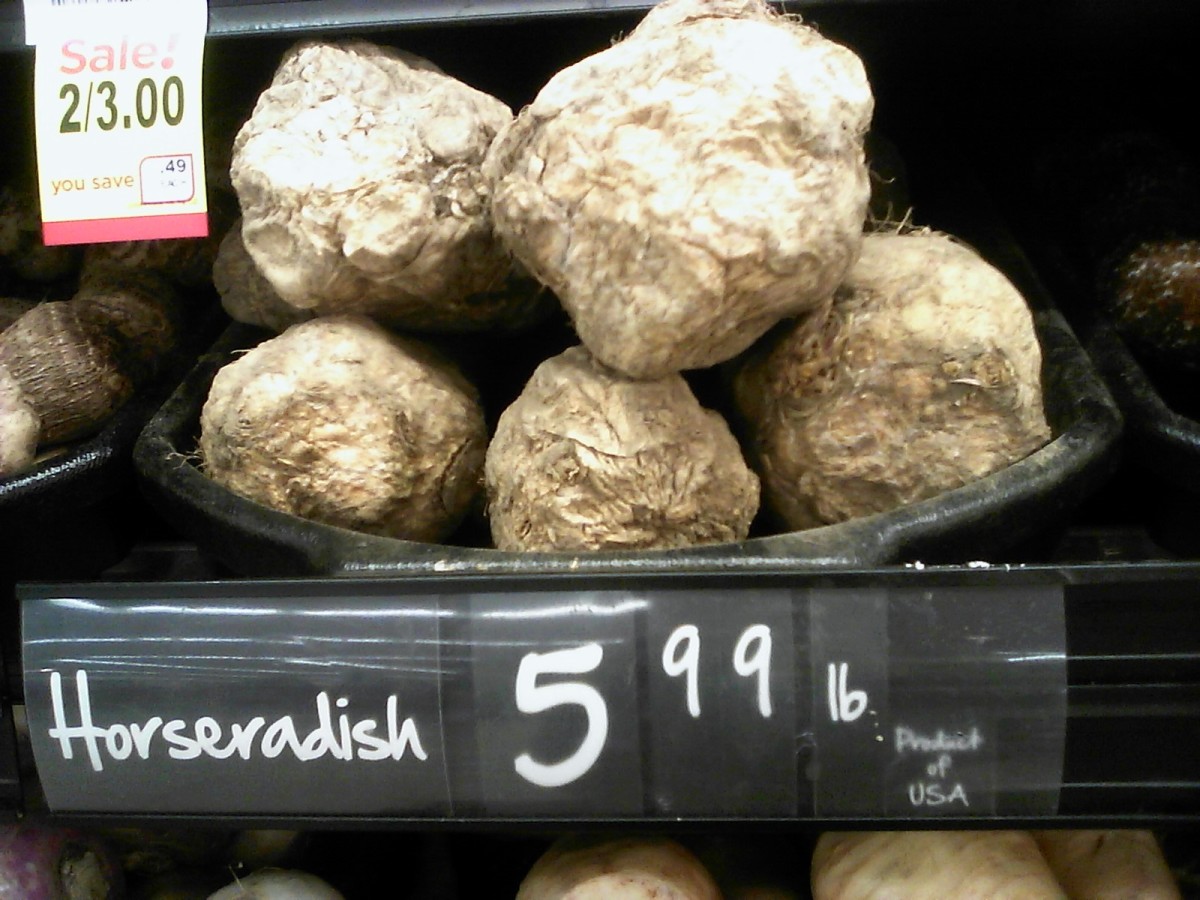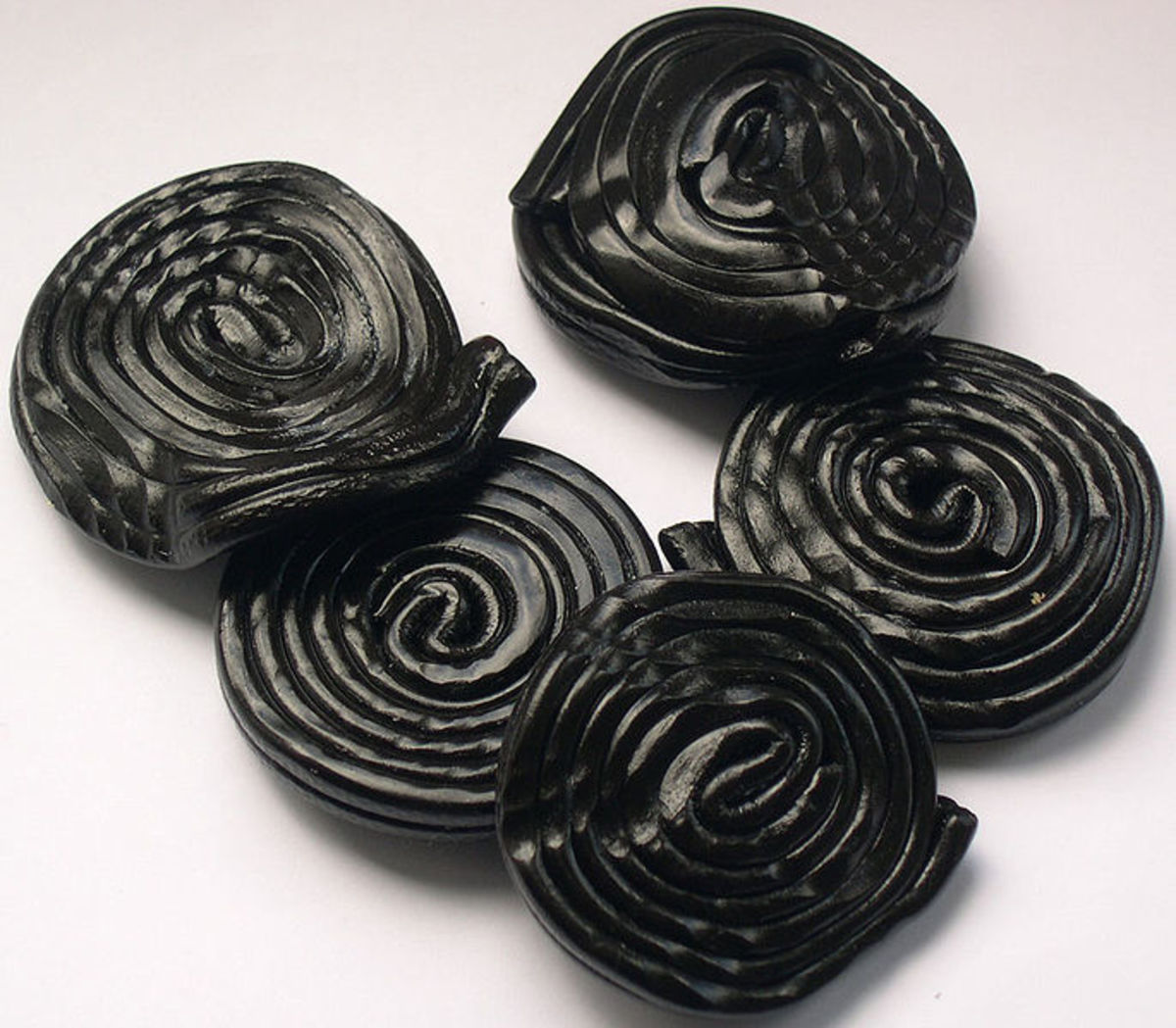- HubPages»
- Health»
- Alternative & Natural Medicine»
- Herbal Remedies
Cinnamon Helps Alzheimer's
Cinnamon

Alzheimer's disease is the most common from of progressive dementia. The disease is growing larger every day with the diagnosis rates being hypothesized as tripling in the years to come. In the United States, there are around 5.4 million Americans or one in eight people over the age of 65 who have Alzheimer's. It has also been estimated that the number of people in the United States with this disease will be around 16 million by 2050. There is no cure for this degenerative disease. So, scientists are looking into prevention. One of the things that they are finding could prevent the disease is the spice cinnamon.
Cinnamon has been used to treat different ailments over the ages, from bacterial infections to migraines and/or diabetes. What scientists are becoming aware of is its ability to prevent Alzheimer's. With people living longer, more and more people are being diagnosed with Alzheimer's. One of the the huge indications of Alzheimer's is the aggregation in the brain of a protein called Tau. The Tau proteins form clumps in the brain which researchers believe may be the cause of the disease. Two compounds in cinnamon, cinnamaldehyde and epicatechin are potentially able to prevent the clumps of the protein Tau from forming.
Take for example, sunburn, a form of oxidative damage. If you wear a hat, you could protect your face and head from the oxidation. In a sense, this cinnamal dehyde is like a cap."
— Dr. Roshni Graves, adjunct professor at the University of California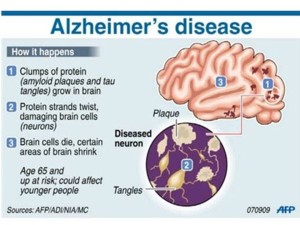
There has always been a close relationship between Alzheimer's and diabetes. Due to the fact that almost 70 % of people who have type II diabetes eventually develop Alzheimer's, it is believed by some that Alzheimer's is actually a form of diabetes. Cinnamon has been documented to have a beneficial effect at treating diabetes because it lowers blood sugar. There is also evidence to indicate that it can help treat Alzheimer's.
The cinnamaldehyde binds onto two residues of the amino acid cysteine located on the Tau protein. The residues located on the cysteine are very easy to change which contributes to people getting Alzheimer's. The cinnamaldehyde has the ability to protect the Tau protein and has the ability to come off of it so that it ensures the correct functioning of the protein. Epicatechin has a strong ability to prevent oxidation damage. Oxidation activates the epicatechin and it acts on the cysteines on the Tau protein in a very similar manner to that of cinnamldehyde.
In an article that was published in PLoS One in 2013, it was described how rats who were fed an extremely fatty diet with high sugar that was purposefully designed to impair their insulin processing of glucose which would cause cognitive impairment reacted when fed cinnamon. Upon receiving cinnamon, the rats displayed dramatically improved cognitive functioning, better insulin sensitivity, and improvement in physical brain changes like the break down of the build up of Tau and amyloid proteins. Their brain structure, size, and their cognitive abilities like memory dramatically improved by the addition of cinnamon to their diet.

In conclusion, the research on whether or not cinnamon would prevent and/or treat Alzheimer's in humans is inconclusive because it has not yet been widely studied on people. However, the spice has been known to have health benefits for people for centuries. The research is indicating that it would be of benefit in preventing Alzheimer's in humans. The research is also indicating it would be beneficial in treating Alzheimer's in people. While the research which has been done is promising, more research is needed into both prevention and treatment of Alzheimer's. While the prevalence of Alzheimer's is increasing dramatically in our society, this research re the impact of cinnamon provides hope for both patients and the families of those patients.
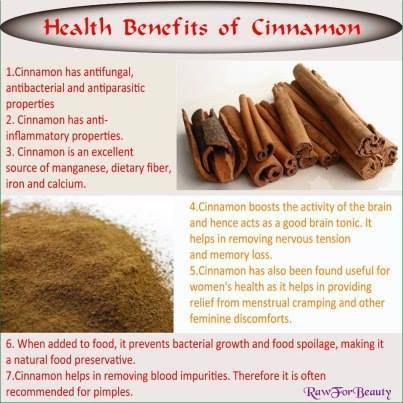
Test Your Knowledge
view quiz statistics- Could Cinnamon Prevent Alzheimer's?
A new study suggests a common baking spice may hold promise for delaying or mitigating the effects of Alzheimer's disease. Despite years of research and
- Health Benefits of Cinnamon: Can Cinnamon Prevent Alzheimer's?
Recent studies suggest that cinnamon may have anti-Alzheimer’s disease properties. Learn more about what this could mean for Alzheimer's treatment.
- Cinnamon- Tasty and Good for Your Brain?
Does cinnamon help your brain? Learn what research says about this common spice and its possible role in protecting your brain from dementia.
- The Link Between Alzheimer's, Cinnamon, and Vitamins
A study reveals that vitamins B6, B12, and folic acid, as well as cinnamon, may help slow the progression of Alzheimer's disease.

